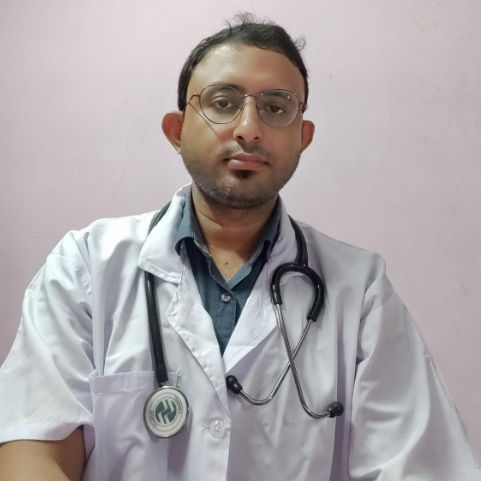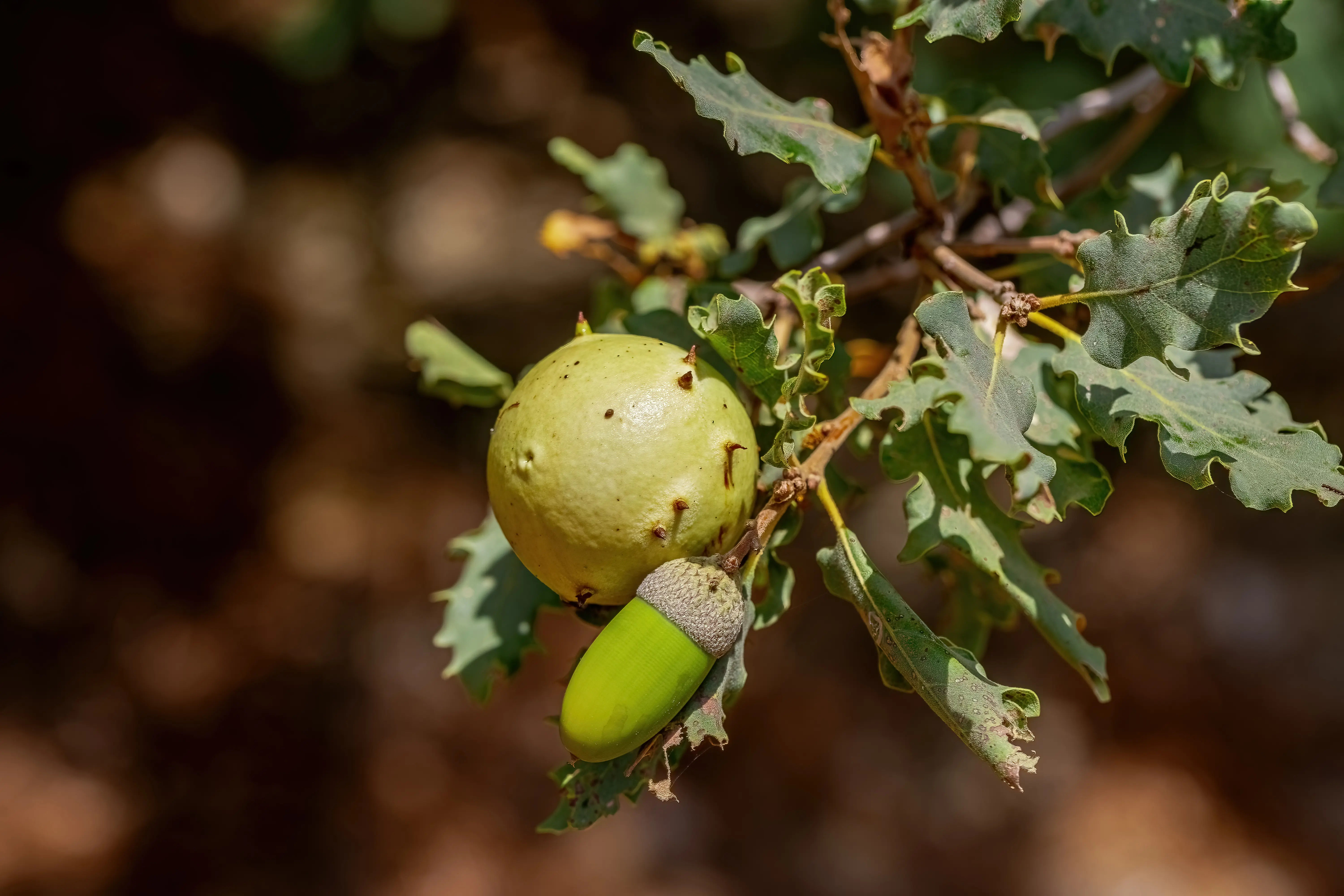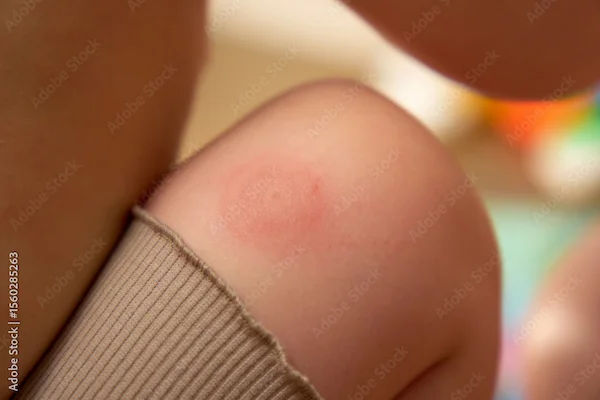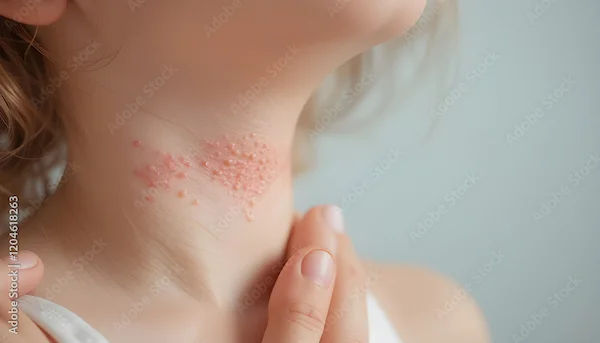Wart Removal: Methods and Considerations
Know what warts are, common types, symptoms and types of wart removal and precautions to avoid warts.


Introduction
Warts are small, rough growths on the skin caused by the human papillomavirus (HPV). While they are usually harmless, they can be unsightly, uncomfortable, or even painful depending on their location. If you or someone you know is dealing with warts, understanding the different removal methods and considerations can help you make informed treatment decisions.
What Are Warts?
Warts are non-cancerous skin growths that appear when HPV infects the top layer of the skin. They can develop anywhere on the body, but are most common on the hands, feet, and face. Warts are contagious and can spread through direct contact with the virus, either from person to person or from touching contaminated surfaces.
Common Types of Warts
The common types of warts include:
1. Common Warts – Typically found on fingers, hands, and knees. They have a rough, grainy appearance.
2. Plantar Warts – Grow on the soles of the feet and can be painful when walking.
3. Flat Warts – Smaller and smoother, often appearing on the face, arms, or legs.
4. Filiform Warts – Long, thin growths usually found around the mouth, nose, or neck.
Symptoms of Warts
The symptoms of warts include:
- Small, fleshy bumps on the skin
- Rough or grainy texture
- Black dots (tiny clotted blood vessels) inside the wart
- Pain or tenderness (especially with plantar warts)
Consult a top skin specialist for the best advice
Causes and Risk Factors
Different strains of HPV cause warts. The virus enters the body through tiny cuts or breaks in the skin. Some factors increase the risk of developing warts:
- Weakened immune system – People with low immunity are more prone to infections.
- Frequent skin contact – Walking barefoot in public showers or sharing razors can spread HPV.
- Age – Children and teenagers are more likely to get warts due to their developing immune systems.
Wart Removal Methods
While some warts disappear on their own, others may persist and require treatment. Here are the most common wart removal options:
1. Over-the-Counter (OTC) Treatments
- Salicylic Acid – Available as gels, liquids, or patches, it gradually peels away the wart.
- Cryotherapy Kits – Freezing sprays (like those containing dimethyl ether) can be used at home.
Tip: Soak the wart in warm water before applying treatment for better absorption.
2. Medical Treatments
If OTC treatments don’t work, a doctor may recommend:
- Cryotherapy (Freezing) – Liquid nitrogen is applied to freeze and destroy the wart.
- Electrosurgery – The wart is removed by burning it off using an electric current.
- Laser Treatment – A focused laser beam destroys wart tissue (used for stubborn warts).
- Excision – The wart is surgically removed under local anaesthesia.
3. Natural Remedies (Limited Evidence)
Some people try natural methods, though scientific support is limited:
- Duct tape occlusion – Covering the wart with duct tape may help weaken it over time.
- Apple cider vinegar – Applying diluted vinegar may irritate the wart, prompting the immune system to attack it.
Note: Always consult a doctor before trying home remedies to avoid skin damage.
Considerations Before Removal
Before choosing a wart removal method, consider:
- Pain Tolerance – Some treatments (like cryotherapy) can be uncomfortable.
- Recovery Time – Surgical methods may require healing time.
- Recurrence Risk – Warts can return if the virus remains in the skin.
- Location of Wart – Sensitive areas (face, genitals) need specialized care.
Preventing Warts
To reduce the risk of getting or spreading warts:
- Avoid direct contact – Don’t pick at warts or share personal items like towels.
- Keep skin dry and clean – Moist environments encourage HPV growth.
- Wear footwear in public areas – Protect feet in pools and gym showers.
- Boost immunity – A healthy diet and lifestyle help fight infections.
When to See a Doctor
Consult a healthcare provider if:
- The wart is painful, bleeding, or changing colour.
- It spreads or multiplies quickly.
- Home treatments fail after several weeks.
- You have diabetes or poor circulation (self-treatment can be risky).
Final Thoughts
Warts are a common skin issue, but they don’t have to be a permanent nuisance. With the right treatment and precautions, you can effectively remove them and prevent future outbreaks. If you're unsure about the best approach, don’t hesitate to seek medical advice for personalised care.
Consult a top skin specialist for the best advice
Consult a top skin specialist for the best advice
Dr. Kavitha Killaparthy
Dermatologist
23 Years • MBBS,DIPLOMA(DERMATOLOGY,VENEREOLOGY,LEPROSY)
Hyderabad
JDS Skin & Hair Clinic, Hyderabad
Dr. Mayuri Jain
Dermatologist
11 Years • MBBS, MD Dermatology , Venereology & Leprosy
Delhi
Dr Mayuri Jain Clinic, Delhi

Dr Ekansh Shekhar
Dermatologist
10 Years • MBBS MD
Lucknow
Apollo Clinic Hazratganj, Lucknow
Dr.j Girishma
Dermatologist
6 Years • MBBS MD DERMATOLOGY
Bengaluru
Apollo Medical Center, Marathahalli, Bengaluru

Dr. Madhab Datta
Dermatologist
5 Years • MBBS, MD (DVL)
Kolkata
Dr. Madhab Datta's Clinic, Kolkata
Consult a top skin specialist for the best advice
Dr. Kavitha Killaparthy
Dermatologist
23 Years • MBBS,DIPLOMA(DERMATOLOGY,VENEREOLOGY,LEPROSY)
Hyderabad
JDS Skin & Hair Clinic, Hyderabad
Dr. Mayuri Jain
Dermatologist
11 Years • MBBS, MD Dermatology , Venereology & Leprosy
Delhi
Dr Mayuri Jain Clinic, Delhi

Dr Ekansh Shekhar
Dermatologist
10 Years • MBBS MD
Lucknow
Apollo Clinic Hazratganj, Lucknow
Dr.j Girishma
Dermatologist
6 Years • MBBS MD DERMATOLOGY
Bengaluru
Apollo Medical Center, Marathahalli, Bengaluru

Dr. Madhab Datta
Dermatologist
5 Years • MBBS, MD (DVL)
Kolkata
Dr. Madhab Datta's Clinic, Kolkata

.webp)


